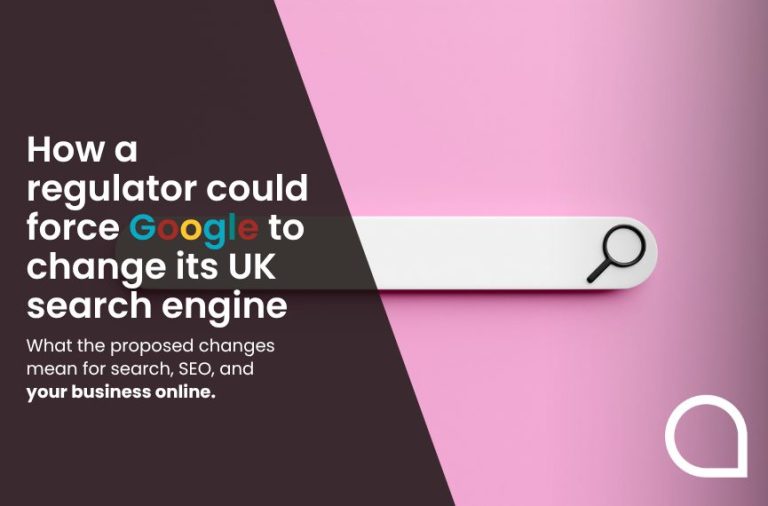There was an awful lot of noise and nonsense leading up to the introduction of GDPR in May of this year and lots of predictions about how things were going to change.
In most cases, they were wrong. We woke up the morning it was introduced and, well, nothing had changed. Except some things had changed but we just didn’t notice.
I stopped receiving emails from people asking me if I wanted to opt into their email lists but I don’t appear to be getting fewer emails. In fact, give it another month and I doubt I’ll remember if I ever signed up for these lists anyway.
Sadly, I didn’t get any less spam promising me more hair, instant male potency and access to videos of Stormy Daniels.
What I did notice however was that a number of websites have decided that due to GDPR, they can no longer let me access them.
GDPR was simply supposed to strengthen the data rights of citizens of the European Union but it appears that Rip Off Report have been a little overzealous. If you try searching for their website www.ripoffreport.com from anywhere within the European Union you will see this error message;
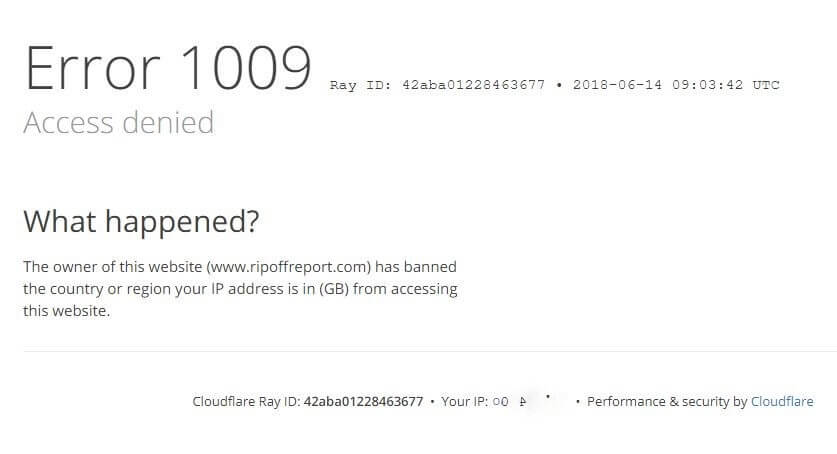
A bit more digging and a check of the page source code and it’s clear why this is the case.


The good news is that it’s not a website I ever have needed to access and only by chance when doing some research for a customer last week, I chanced across this phenomenon.
Depending on where you choose to look for information, some people think it’s a fabulous, unrestricted platform on which you can air your views about any business. Others see it as a money-making scam and sharp practice, hiding behind free speech and only allowing business owners to remove bad reports upon receipt of payment.
Whatever you might think of it. If you are I the European Union, it’s largely academic as you won’t be able to see it.
As you can see, the disclaimer on their website claims that the reason access is blocked from the EU is due to GDPR.
But surely this can’t be right? How can accessing a website be detrimental to your data rights? Unless of course, they use the data from your visit in such a way as to perhaps violate those rights?
Of course, we don’t know and won’t know. But blaming GDPR seems strange.
This isn’t the only example I’ve seen so far of a website blocking specific countries, and right now if you are an American citizen in the UK you can’t read the Chicago Herald or the New York Daily News, but strangely you can read the New York Times. It seems that some people are prepared to let us see their websites and some not.
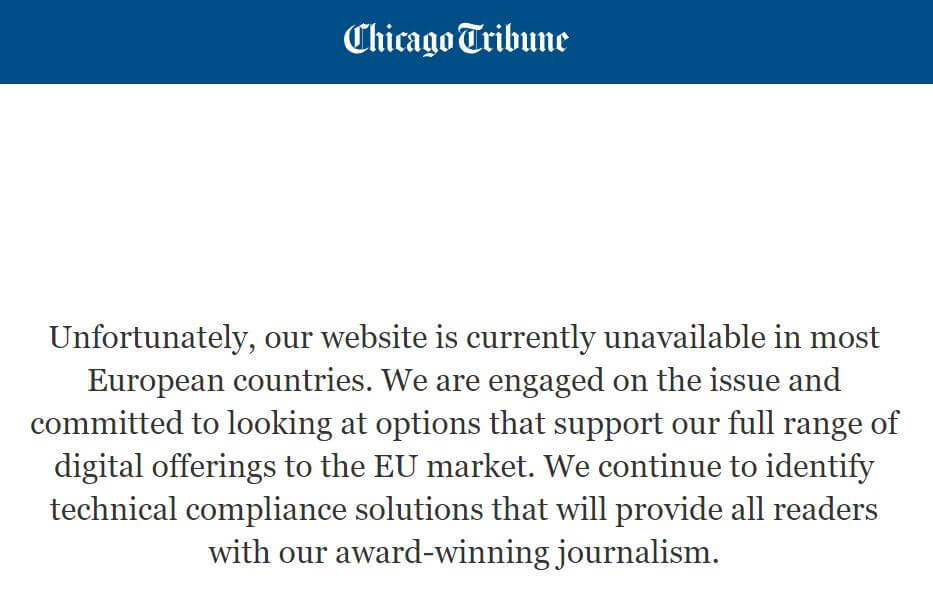
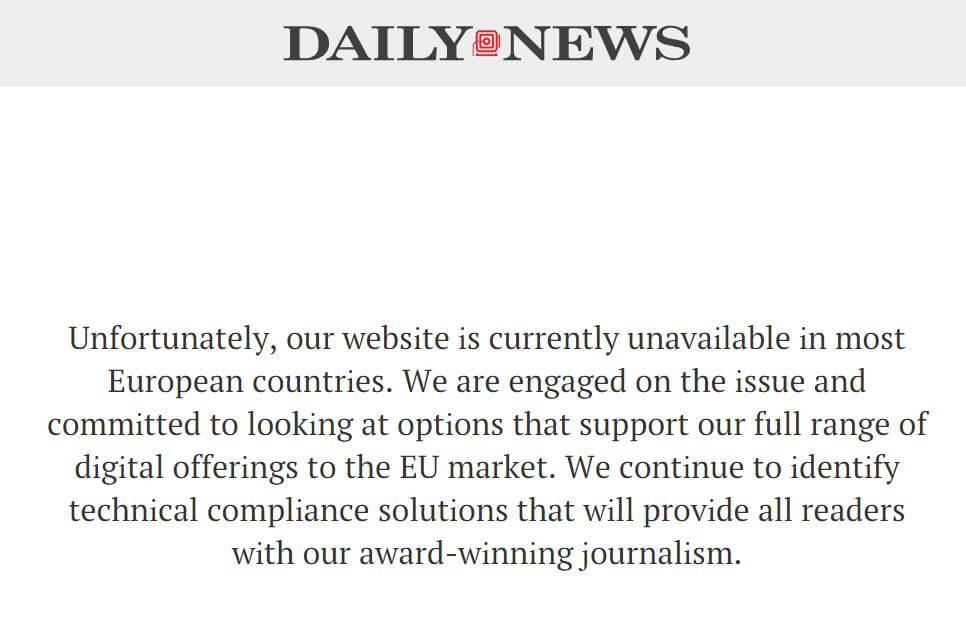
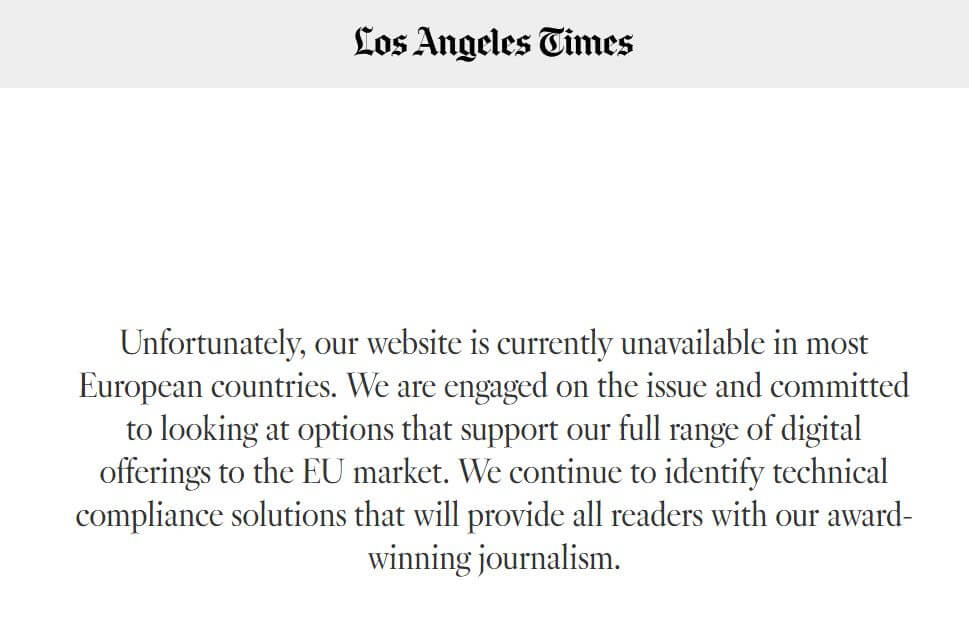
Is this a short term aberration or will this persist? What exactly are the issues that mean we can’t view some US based websites? It seems clear that whatever the issue they don’t feel it’s worth allowing us access to their websites for as long as it persists.
At least one website appears to have got their head around it and it seems, for them, the issue was that of personally identifiable data. USA today now redirect all EU traffic to a subdomain of the main website and if you are in the EU you visit this site https://eu.usatoday.com/EU-learn-more/
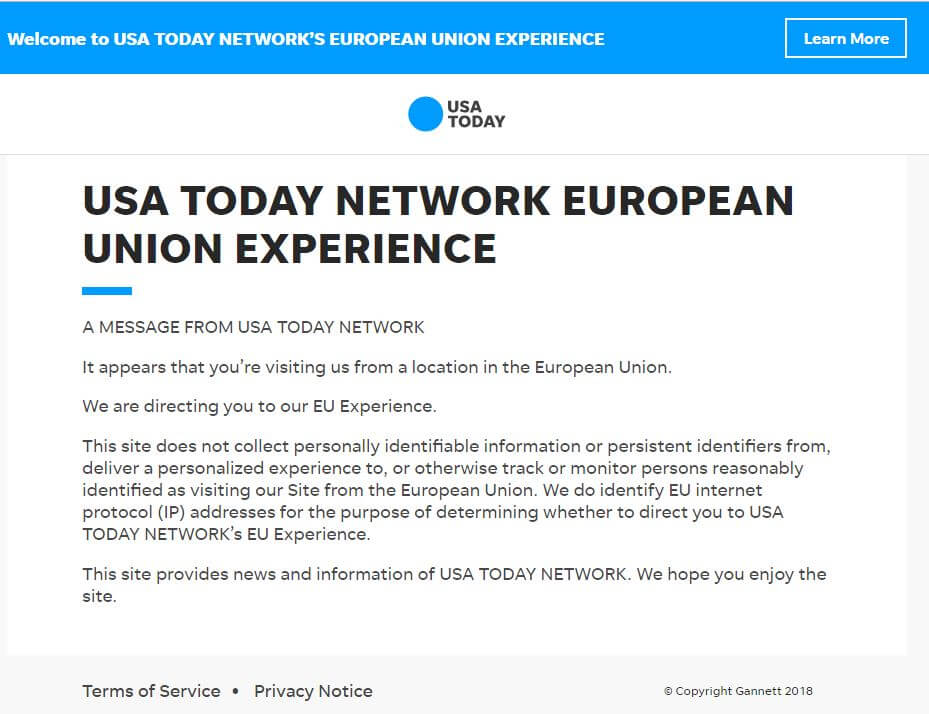
It will be very interesting to see how many more US-based websites take this stance and where this ends, but right now it’s not looking good for freedom of speech or information.
Whatever GDPR was supposed to do, I’m fairly certain that this wasn’t it.





